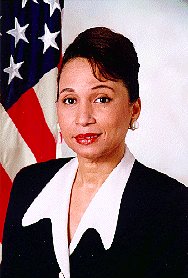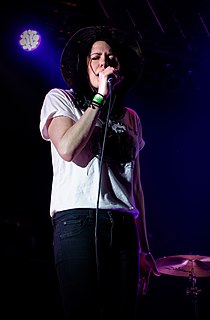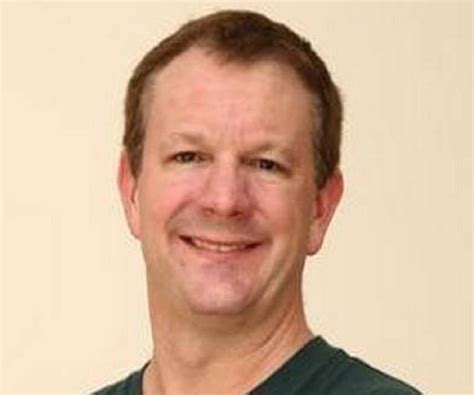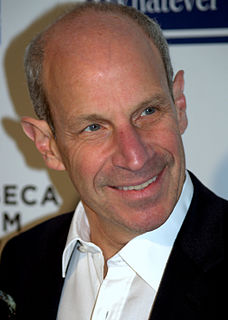A Quote by Woody Norris
I'm not even an engineer. I don't have a college degree; I hire guys with college degrees.
Related Quotes
There are now more Millennial women with college degrees than Millennial men. I said to the audience, "Folks, you gotta stop looking at this men-versus-women thing as a 'versus,' as a comparison, as a getting even." That's not a good bit of news. I'm a chauvinist. How could I dare think that it's a bad thing that more Millennial women have college degrees? And there are answers to it but I'm not prepared to give 'em yet.
Usually when you ask somebody in college why they are there, they'll tell you it's to get an education. The truth of it is, they are there to get the degree so that they can get ahead in the rat race. Too many college radicals are two-timing punks. The only reason you should be in college is to destroy it.
Get your education. The number of guys who are blessed to be in the league is so small compared to the number of high school players [who want to play in the league]. But one thing you can do is get your college education. If you are blessed enough to get a scholarship to play college basketball, make sure you get your college degree, too, then move on from there.
The ticket out of the Depression was an education, a college degree. It really didn't matter if you knew anything. You just had to have the degree. My dad, up until the last two years of his life, thought he had failed miserably with me 'cause I didn't go to college. I mean, you've seen postgame interviews with the star of the game and the players always talk about how proud his parents are because he's the first guy in his family ever to attend college. I'm the first in my family not to! I'm the first of my family not to have a degree. It's thrown everybody for a loop.



































